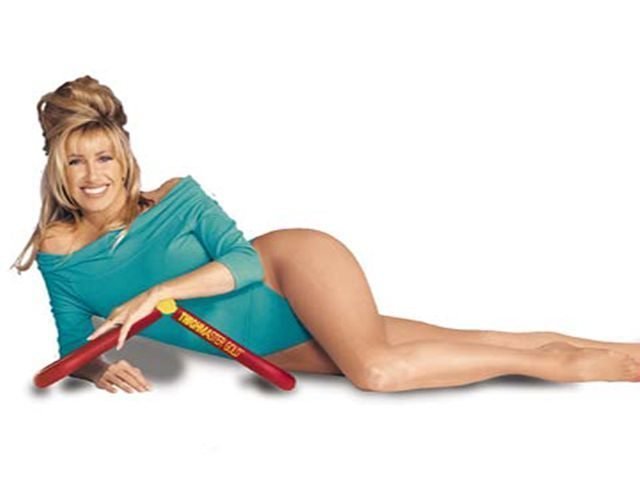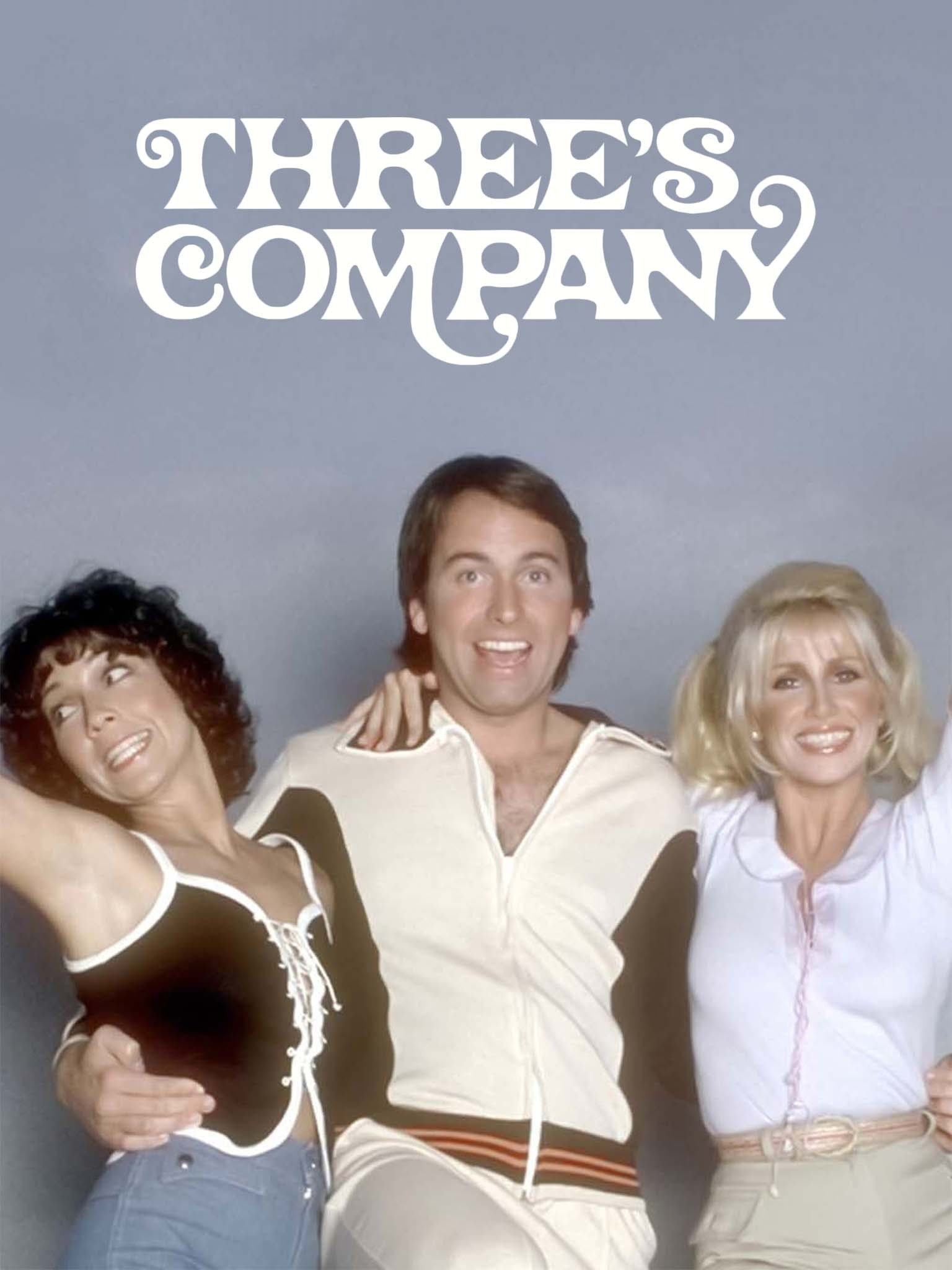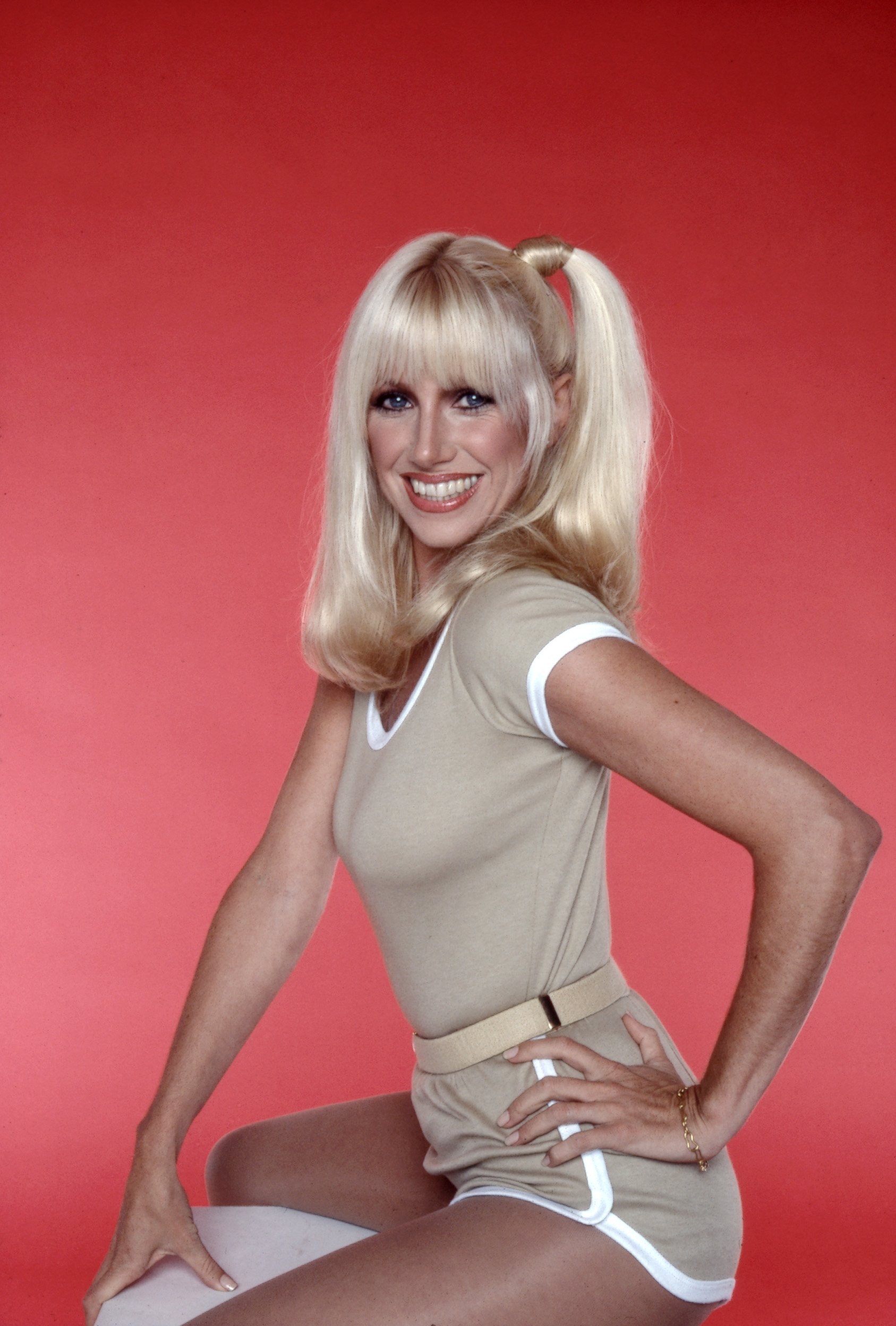Golf Swings, Sexism, and Suzanne Somers
Come and knock on our door. Just don’t ask for more money.
Sometimes I read something and it makes me want to write, but work and other priorities take over.
But sometimes, an article stays with me…until I can’t ignore it anymore.
And I’m still thinking about an article I read in The Wall Street Journal six months ago – “Why More Female Executives Don’t Play Golf – and Why That’s a Problem.”
The article revealed that only a quarter of all golfers are women – and that women were missing out on a lot of networking opportunities by not playing the sport.
It also suggested that companies could help by teaching employees more about networking, and include golf as part of their training.
But it also recognized that not everyone can – or wants to – play golf, so suggested companies and leaders think about more inclusive environments for business networking.
Just kidding!
The solution was that women need to learn how to play golf.
If women played golf, that would solve everything.
The End.
How do women get treated on the golf course? Golf Digest investigated.
The article also failed to mention that learning to play golf is not like learning to play Go Fish.
It takes time to get good.
If a woman isn’t as good as the men she’s golfing with, she might worry she’ll slow them down.
They might worry she’ll slow them down.
But hey, while she’s taking extra swings, they can talk business (without her!).
The Wall Street Journal should have been more specific.
Maybe they should have told women to get good at golf first – but not too good, you know? Most men don’t like to lose – especially to a woman.
I kept reading expecting to find a paragraph on golf fashion. Perhaps that was a Part 2 that I missed?
But I got the takeaway.
When it comes to issues of women in the workplace – from a lack of networking to a lack of confidence and “gravitas”, it’s always easier to blame the women.
So why am I thinking of the golf article again today?
Because Suzanne Somers died.
To many, Somers is a face from infomercials, the author of questionable “medical” advice, or the answer to a quiz question about a ditzy blonde TV character.
Even I remember her best from the way she showed me (and millions of other girls and women) how to squeeze, squeeze our way to shapely hips and thighs in the 1990s.
But what people might not know is that Suzanne Somers was once a popular TV star on a comedy called Three’s Company.
The happy part of her story is that she was able to make a lot of money after her time on the show ended.
The sad part is the reason why it ended.
When Three’s Company debuted in 1977, the show’s star was actor John Ritter, with Joyce DeWitt and Somers as his two co-stars.
But Somers’ portrayal of dumb blonde Chrissy Snow quickly earned her a level of popularity that rivaled Ritter’s.
Somers on Three’s Company
By the show’s fourth season, Somers was the most popular female TV star among the coveted 18-49 demographic.
So what did she do?
“I asked to be paid what the men in television were being paid,” she told NBC News in 2004.
“At that time, our show was No.1 and M*A*S*H was at that time No. 10, and [its star] Alan Alda was making 10 times more, and [All in the Family star] Carroll O‘Connor was making 15 times more than me.
“And I thought, ‘That doesn’t seem right.’ And my contract was up. I had to renegotiate, so…”
Somers did not know it at the time, but even her co-star Ritter was making five times as much as she was.
But she knew her worth.
So she did what every women’s leadership program and article tells women to do: She asked for more.
But instead of getting parity – or anything close to it – she was fired.
And you may think, “Well, that was the 1980s…”
But have times really changed that much?
We tell women they need to ask for more — or the gender pay gap will persist.
But what gets less attention is the systems and biases that reject the ambitious woman who does dare to ask for more.
She is not always rewarded for her confidence and “gravitas.”
Even today, some women are getting the same message Suzanne Somers did after she asked for more:
“Who do you think you are?”
Recent research indicated that fewer women than men ask for a pay rise.
But the really telling stat is that most women who ask aren’t successful.
If five women ask for a pay rise, only one will get it.
For men, it’s closer to one in three.
So instead of telling women that the inequality in the workplace is their problem to fix, maybe we could start focusing our energy on making the workplace better?
We know that there are systems and biases in place that are holding women back.
Why don’t we pay attention to addressing those — at a company and leadership level — instead of telling women this is their problem to solve?
Or would it be faster to pick up the 9-irons?
__________________________________________
Beth Collier loves writing, pop culture, and TV trivia.
She also loves helping companies, leaders, and teams improve their communication (and creativity and leadership) through consulting, coaching, and workshops.
Her clients benefit from Beth’s global corporate experience, Midwestern practicality and enthusiasm, and an endless supply of pop culture references.
To find out how Beth can help you become a more confident, creative, and compelling leader – or improve communication in your company – visit www.beth-collier.com or drop her a line at beth@beth-collier.com
__________________________________________







